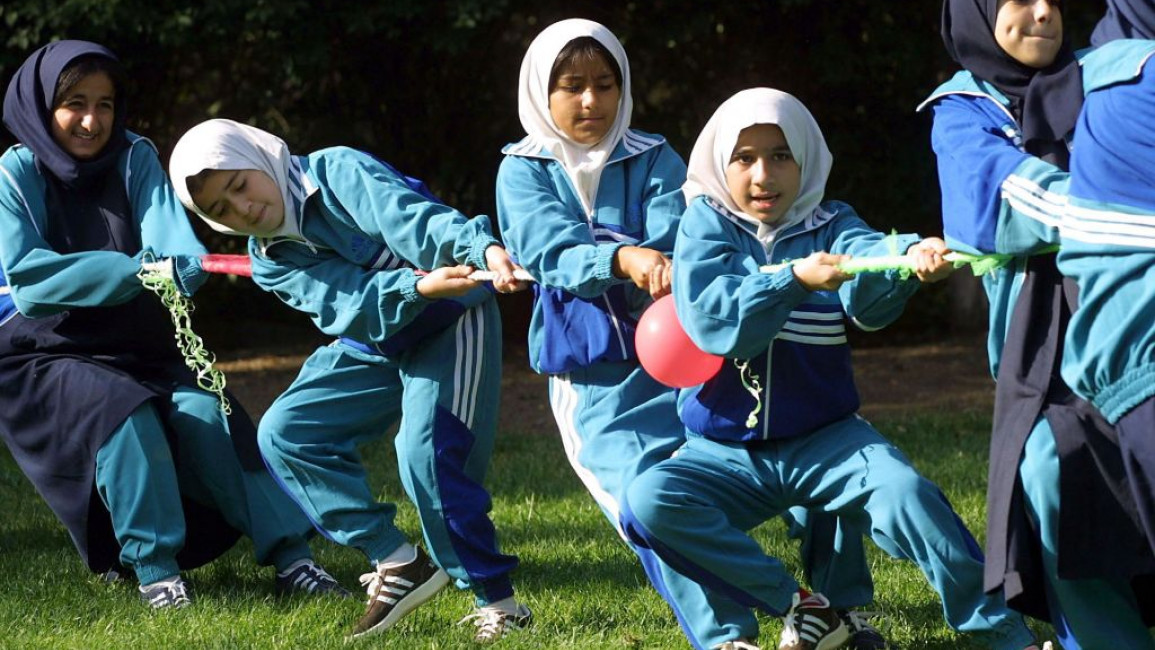Iranians blame hardliners for serial poisonings at girls' schools
After 88 days of reports about the serial poisoning of students at girls' high schools in the ultra-conservative city of Qom, officials finally accepted that the attacks on girls' schools were "deliberate" and aimed at shutting down centres providing education to girls.
The news about the respiratory poisoning made headlines in Iran since late November, however, officials in the government and police had refused to comment on the matter before the Sunday remarks by Younes Panahi, a deputy health minister.
Iranians' reaction to Panahi's remarks was significant. Many accused the hardliner supporters of the establishment of being the masterminds behind the poisonings, while others called it "a national challenge".
In an editorial for the progressive daily, Ham Mihan, Afshin Amirshahi, a veteran journalist, urged the government to respond to public opinion about the causes and forces behind these incidents.
"The recurrence of poisonings in girls' schools has made this problem a national challenge," wrote Amirshahi.
"Now we can ask who benefits from these incidents? If these incidents are deliberate, what ideology is behind them? And if there is an organised system behind this, how the security forces could not discover it?" he added.
Meanwhile, on Farsi social media, many echoed the same question regarding the security forces' handling of this case, comparing it with the execution of protestors arrested and executed last year during the anti-government demonstrations.
"Just a few days was enough for you to find and hang those who had set garbage bins on fire, but three months was not enough for you to find those who sought the shutdown of girls' schools," a user wrote on Twitter, referring to the quick hanging of four protestors in last December and January.
Other social media users blamed the establishment for the poisonings, referencing hardliners' opposition to women's rights to education.
"The establishment is responsible for the serial poisonings. The inner circle of the establishment is against girls' studying," wrote a social media user.
At the same time, experts talking to local media named a religious group in the city of Qom as the likely perpetrator.
On Saturday, Mohammad Taghi Fazel Meibodi, a cleric from Qom, told the Shargh daily that a hardline group called Hezarehgara was behind the poisonings.
"According to this group's ideology, girls should be permitted to only study in the first three grades. This religious thought is against modernism," the Shargh daily quoted him.
A few days before the official announcement of deliberate attempts to deprive girls of the right to education, the Asr-e Iran website compared the incidents with the poisonings in Afghanistan in 2015. Then, the Talibans' supporters were accused of carrying out those attacks.
The respiratory poisoning in Iran began on 30 November in Qom, when 18 Noor art high school students were hospitalised. Two weeks later, 51 students at the same school showed poisoning symptoms and were hospitalised.
Since then, several girls' schools and one boys' school in the cities of Qom and Broujerd have been targeted by the attacks, and over 400 students have been hospitalised.



